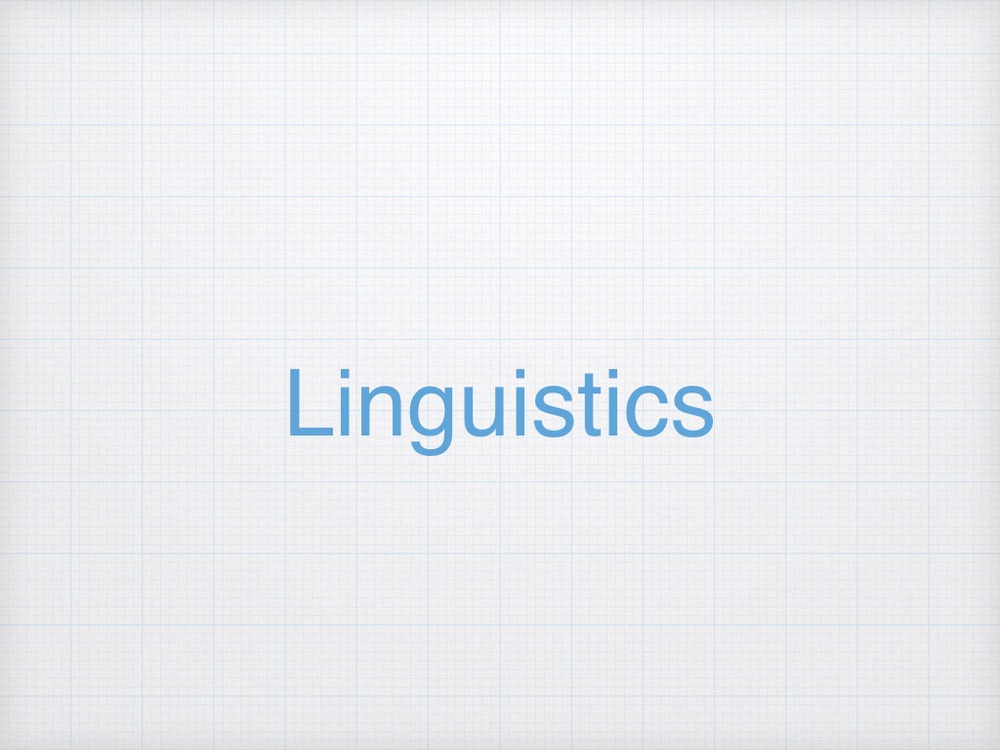チョムスキーの逆立ち
生成文法では, 言語に普遍的な構造があり, それを生得的に有しているからこそ, 我々人間は言語を用いることができると考えている. 他方で, その理論を提唱したチョムスキーに対して, 逆の観点から言語を考察している提案もある.
Deacon (1997)はその著作の中でChomsky’s Handstandという言葉を使いながら次のような指摘をしている.
Languages don’t just change, they evolve. And children themselves are the rigged game. Languages are under powerful selection pressure to fit children’s likely guesses, because children are the vehicle by which a lan-guage gets reproduced. Languages have had to adapt to children’s sponta-neous assumptions about communication, learning, social interaction, and even symbolic reference, because children are the only game in town. It turns out that in a curious sort of inversion of our intuitions about this prob-lem, languages need children more than children need languages. In short, we failed to notice that a flurry of adaptation has been going on outside the brain. The reason we haven’t considered the relevance of this process before is that we tend to think on a human scale. Focusing on a life-time scale and the rapid changes that take place in the few years in which a child learns a first language, we naturally think of this as the flexible half of the equation and of language as though it is some fixed entity.
(Deacon, 1997, p. 109)
簡単に言えば, この文章では, 進化の中でも共進化という過程に着目し, 我々人間が言語構造を獲得したのではなく, むしろ言語構造が我々人間側に適用してきたのではないかという発想である. 確かにこの論に対しても, 一理あるとは考えることができる. 本文中にもある通り, 人間的なスキルだけではなく, 別のスケールで物事を考える事は非常に重要であるだろう.
参考文献
- Deacon, T. W. (1997). The symbolic species: The co-evolution of language and the brain. W.W. Norton.

